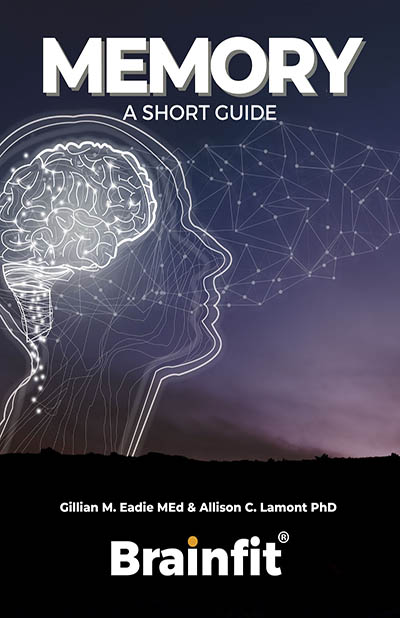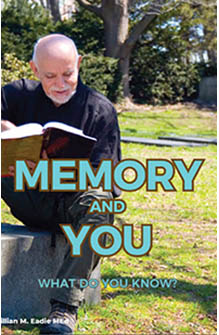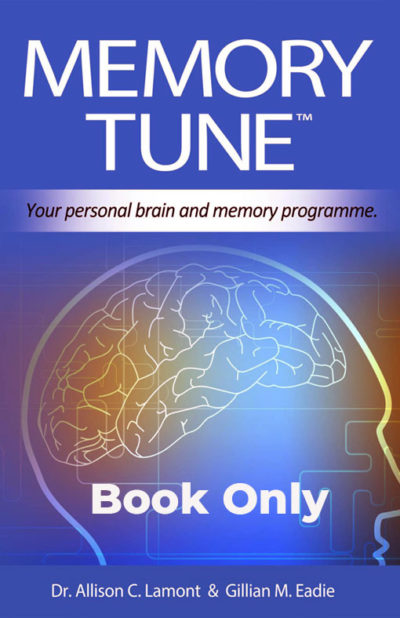Brainfit reader, Phil Astley shares his experience in the hope that it can help others.
“In 2019 I became a senior and was referred to the seniors team at our hospital (concerned about dementia). Their neuropsychologist quickly told me I didn’t have dementia. We then sent my wife home and we did 4-5 hours testing.
My wife came back and picked me up – I was totally drained.
I’d had a stroke in 2007, and when we went back for the reporting session was intrigued to find my overall score put me in the 90th percentile.
My BIG weakness from the stroke has been memory – otherwise most of the weaknesses were as expected.
The main tool she gave me was rest.
Previously I would start the working day on jobs, and as my brain fatigued would do simple jobs and eventually reading or computer games.
The first day after hearing this advice, I had a brain-rest after lunch.
I’m not a very visual person, but that day as I was lying down. I saw a scene from the Jetsons. The robot maid tidied, dusted and vacuumed.
I got up after an hour and resumed work.
The job I’d put down as too hard before fell into place.
What a transformation.
The duration of the rest reduced to 30 minutes over time (but lengthened recently due to other issues which also forced us to retire).
(The second tool she gave me was socialisation – a term I hadn’t really heard since we home schooled our children; it was then a common a criticism – but she explained in a way that I understood.)
Obviously stroke damage is different for individuals, but I just wanted to share what helped me in case it’s helpful to others.”
Phil Astley





So easy to do – the big but is actually doing it consistently.
This works for me too. Previously I needed about 30 minutes where I could drift off but now, just ten minutes to focus on breathing and sometimes a body scan pumps up my energy levels.